When you seek care from a medical professional, you place immense trust in their hands. Whether in a hospital, nursing home, or clinic, you expect to be observed, evaluated, and cared for with diligence.
But when that doesn't happen—when signs of distress are missed, conditions go unaddressed, or post-operative issues are ignored, the results can be life-altering. If this sounds familiar, you may need a New York Failure to Monitor Lawyer to help you take the following steps toward justice.
Medical providers are responsible for diagnosing and treating patients and tracking symptoms, recovery, and warning signs after procedures or hospital stays.
Failing to monitor patients properly can lead to severe consequences such as infections, internal bleeding, stroke, respiratory failure, or even death. These outcomes are not always "accidents." Often, they are the result of negligence.
If you or a loved one has suffered harm because a healthcare provider failed to monitor a medical condition or recovery process, you deserve answers and may be entitled to compensation.
Schedule a Free Case Evaluation
New York Failure to Monitor Guide:
- What Is a Failure to Monitor Claim?
- Who Can Be Held Liable in a New York Failure to Monitor Case?
- Compensation in New York Failure to Monitor Cases
- How Hospitals and Insurance Providers Defend These Claims
- Steps to Take in the Days After a Monitoring Failure
- How Long Do You Have to File a Failure to Monitor Lawsuit in New York?
- Proving Negligence in a Failure to Monitor Case
- Ready to Talk to a New York Failure to Monitor Lawyer?
Why Choose Queller Fisher as Your New York Failure to Monitor Lawyer
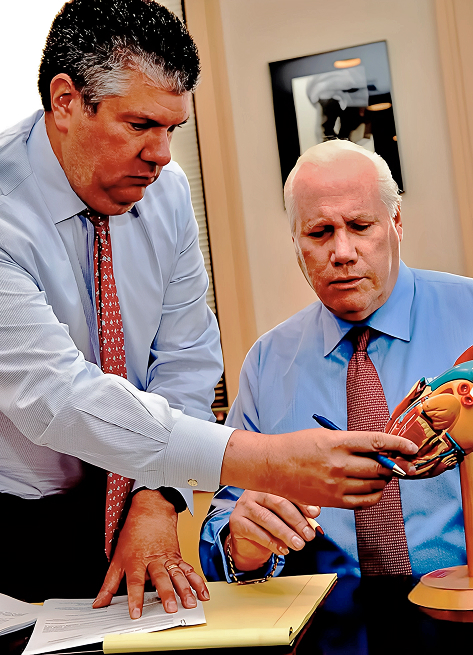
Choosing the right representation is the difference between a dismissed case and one that leads to meaningful financial recovery. At this difficult time, you deserve an advocate who not only knows the law but fights tirelessly for those harmed by medical neglect.
Here’s why many New Yorkers trust Queller Fisher:
- Decades of medical malpractice experience in New York courts
- Strong relationships with respected medical consultants
- Successful track record of securing high-value settlements and verdicts
- Direct access to seasoned trial attorneys, not just case managers
- A deep understanding of how NYC hospitals and healthcare systems function
- Compassionate guidance paired with aggressive representation
- Contingency fee structure—no fees unless we recover compensation
Your case deserves attention from professionals who know the ins and outs of New York’s legal landscape and are ready to hold negligent providers accountable.
What Is a Failure to Monitor Claim?
In New York, medical professionals have a legal duty to observe and evaluate patients continuously. This obligation applies to doctors, nurses, hospitals, surgical centers, and long-term care facilities.
When they ignore this responsibility and a patient suffers harm, this can be the basis for a failure to monitor lawsuit.
Common examples of failure to monitor include:
- Not tracking vital signs after surgery
- Ignoring signs of infection or internal bleeding
- Failing to act on abnormal lab results or scans
- Delayed intervention during labor and delivery
- Allowing medication side effects to go unnoticed
- Not supervising at-risk patients in hospitals or nursing homes
In these cases, the harm often escalates from manageable to catastrophic, simply because no one was paying attention.
Who Can Be Held Liable in a New York Failure to Monitor Case?
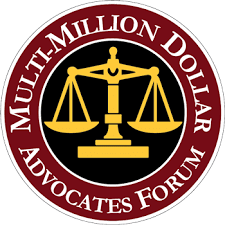
One of the first steps in a malpractice claim is identifying who failed in their responsibilities. More than one party may share liability depending on where the incident occurred and how the monitoring breakdown unfolded.
Potentially liable parties include:
- Hospitals that failed to staff adequately or enforce monitoring protocols
- Surgeons who didn’t ensure proper follow-up after procedures
- Nurses who ignored patient complaints or abnormal readings
- Attending physicians who neglected ongoing assessment duties
- Long-term care facilities that failed to watch over high-risk residents
Liability in these cases can be complex. The right legal team will investigate hospital records, nursing logs, and procedural notes to identify every point of failure.
Compensation in New York Failure to Monitor Cases
If you’ve suffered harm due to a provider’s failure to monitor your condition, New York law allows you to pursue damages for the physical, emotional, and financial losses you’ve endured.
You may be entitled to compensation for:
- Medical bills for emergency treatment, surgery, rehabilitation, and future care
- Lost wages and diminished earning capacity
- Pain and suffering, including emotional distress and reduced quality of life
- Wrongful death damages if a loved one passed due to inadequate monitoring
- Out-of-pocket expenses like medical devices or transportation for treatment
The compensation available in each case will depend on the severity of the injury, the degree of negligence involved, and the long-term impact on your life. A skilled attorney can help build a compelling case that reflects the full scope of your damages.
How Hospitals and Insurance Providers Defend These Claims
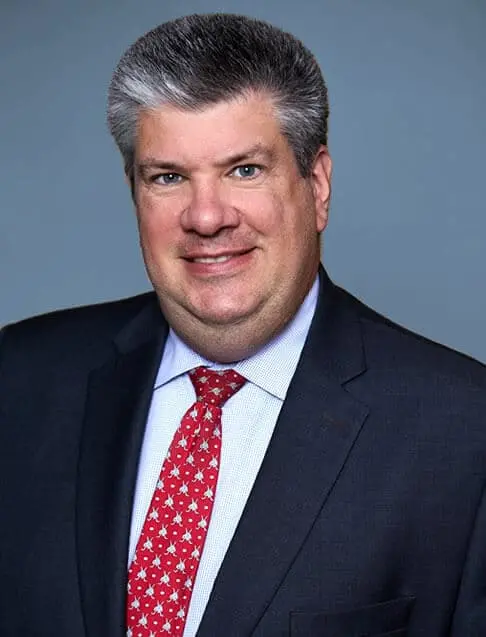
Taking on a hospital or physician doesn’t just mean facing their legal team—it means facing a powerful insurance company determined to protect their bottom line.
Here’s what you’re up against without representation:
- Aggressive denial of liability, even with clear evidence of negligence
- Delay tactics designed to frustrate you into dropping the case
- Low settlement offers that fail to cover your long-term needs
- Medical “experts” hired by the defense to downplay your suffering
- Document requests and procedural requirements that can be overwhelming
These companies are not in the business of doing what’s fair. They’re in the business of minimizing payouts. Without a seasoned New York Failure to Monitor Lawyer on your side, it’s easy to get buried in legal maneuvering.
Steps to Take in the Days After a Monitoring Failure
The days after discovering a medical monitoring failure can be confusing and frustrating. You may not even be sure something went wrong at first.
Once you suspect negligence, your actions can make a big difference in how your case develops.
Here are important steps to take:
- Request your medical records from all providers involved
- Document your symptoms and recovery timeline, including photos or journal entries
- Seek a second opinion or additional treatment from an independent provider
- Consult a qualified malpractice attorney before speaking with insurers
- Preserve communications (emails, discharge instructions, test results)
These actions can help create a clear record of what happened—and what was missed—during your care. Even if the incident occurred weeks ago, it's not too late to take legal action. Many clients don't realize they have a valid claim until months later.
How Long Do You Have to File a Failure to Monitor Lawsuit in New York?
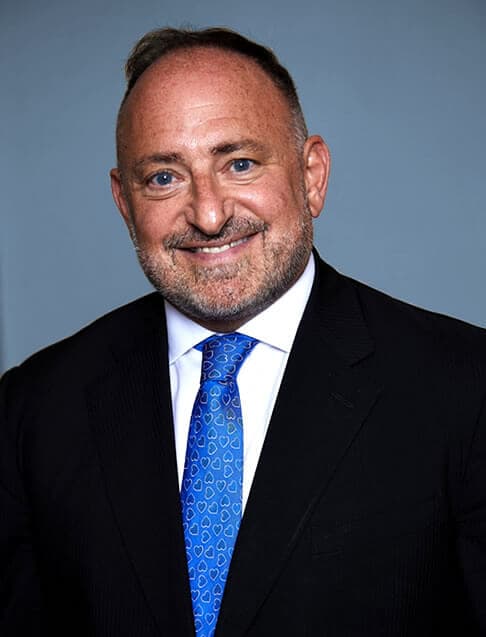
In New York, medical malpractice lawsuits, including those involving failure to monitor, are subject to strict filing deadlines. This time frame is known as the statute of limitations, and missing it could result in losing your right to pursue compensation entirely.
Key deadlines to be aware of:
- Generally, you have 2 years and 6 months from the date of the medical negligence or the end of continuous treatment for the same condition.
- If the failure to monitor results in death, a wrongful death claim must be filed within 2 years of the date of passing.
- If the healthcare provider is a municipal hospital or public institution (e.g., NYC Health + Hospitals), you may need to file a Notice of Claim within 90 days of the incident.
Some exceptions could affect your specific timeline, such as cases involving minors or late discovery of the injury. The clock often ticks faster than victims realize, so early legal guidance is essential.
Laws change and statutes are adjusted periodically. Regular people aren’t aware of this information until it's too late in most cases. Consulting a local lawyer with experience in New York Failure to Monitor cases.
Proving Negligence in a Failure to Monitor Case
To succeed in a malpractice claim, it’s not enough to simply show that you were injured. You must prove that the medical provider owed you a duty of care, breached that duty, and that this breach directly led to your harm.
A successful case will include:
- Evidence of a provider-patient relationship, establishing a duty of care
- Medical records showing what should have been monitored and what was ignored
- Testimony from independent medical professionals, establishing the standard of care
- Causal link between the failure to monitor and your resulting condition or injury
Because these cases often involve large volumes of complex records, timelines, and conflicting testimony, your legal team must have the resources to perform a deep and detailed investigation.
Common scenarios where monitoring fails in NY medical facilities
Failure to monitor can happen at virtually any point in a patient’s medical journey. However, certain high-risk environments and patient situations tend to produce the most significant consequences when monitoring falls short.
Frequent contexts for failure to monitor include:
- Post-surgical care, where bleeding, clotting, or infection is not caught early
- Labor and delivery, especially when fetal distress or maternal bleeding goes unnoticed
- Emergency room discharges, where patients are sent home without proper observation
- Medication administration, when side effects or allergic reactions aren’t detected
- ICU and long-term care, where patients rely on constant oversight
Whether the incident occurred in a large urban hospital or a suburban surgical center, the law does not excuse substandard care. Every patient deserves attentive, responsive, and watchful treatment—especially when lives are at stake.
What Sets Strong Failure to Monitor Cases Apart?

Not every poor medical outcome results from negligence. But when clear monitoring protocols are skipped or ignored, the law may support your right to seek justice.
Strong failure to monitor cases usually includes several of the following factors:
Indicators of a strong case:
- Documentation gaps, such as missing vital signs or progress notes
- Witness accounts, from family members or hospital staff who observed neglect
- Re-admission to the hospital, especially for issues that should have been addressed
- Clear deviations from established medical protocols or checklists
- Severe or permanent injury, supported by diagnostic imaging and treatment records
An experienced New York Failure to Monitor Lawyer will know how to identify these red flags and build a case that holds negligent parties accountable.
What to Expect When Working with a Medical Malpractice Attorney
Pursuing a malpractice claim may sound daunting, but it doesn’t have to be. The right legal team will take on the legwork so that you can focus on recovery and family.
When you work with an attorney, you can expect:
- A thorough review of your medical history and provider actions
- Assistance with securing medical experts to support your claim
- Communication with insurers and opposing counsel on your behalf
- Negotiation of settlements or aggressive litigation in court if necessary
- Regular updates and guidance to help you make informed decisions
You don’t have to face the system alone. With legal counsel, your story will be heard, and those responsible for your suffering will be held accountable.
When to Consider Legal Action
If you’re unsure whether what happened to you qualifies as malpractice, you're not alone. Many victims only begin to ask questions when a recovery doesn't go as planned or when a second doctor points out what went wrong.
Warning signs that you should explore legal options include:
- A sudden decline in health after discharge or surgery
- Hospital staff who seemed inattentive or disorganized
- Doctors who dismissed complaints or refused to order follow-ups
- A gut feeling that something just wasn’t right
Trust those instincts. Even if you're uncertain about the cause of your injury, a legal review may uncover evidence that points to a failure to monitor—and opens the door to compensation.
Ready to Talk to a New York Failure to Monitor Lawyer?
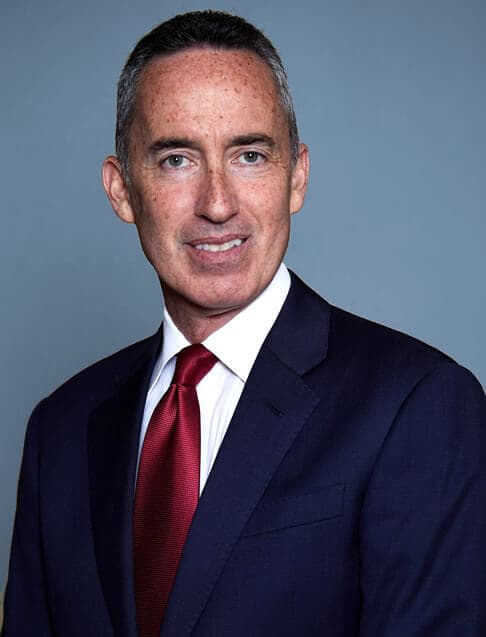
You’ve already been through enough. The last thing you need is another obstacle between you and justice. That’s why the team at Queller Fisher offers personalized, thorough, and relentless representation for victims of medical monitoring failures in New York.
Whether your injury happened in a major hospital, private practice, or long-term care facility, we are ready to step in and fight for you. Our trial attorneys bring decades of experience and a sharp focus on results that matter—both in the courtroom and at the negotiation table.
Call 212.406.1700 today to schedule your free consultation. Let’s discuss your case and help you move toward a better future.
Your voice matters. Let it be heard.
Schedule a Free Case Evaluation